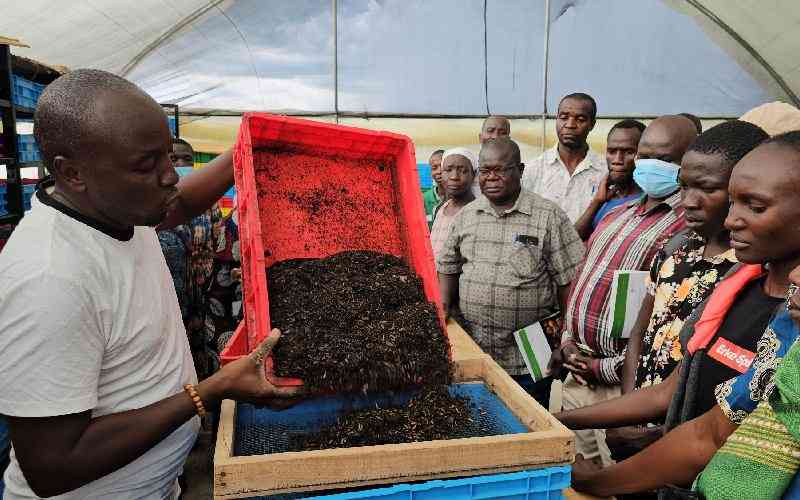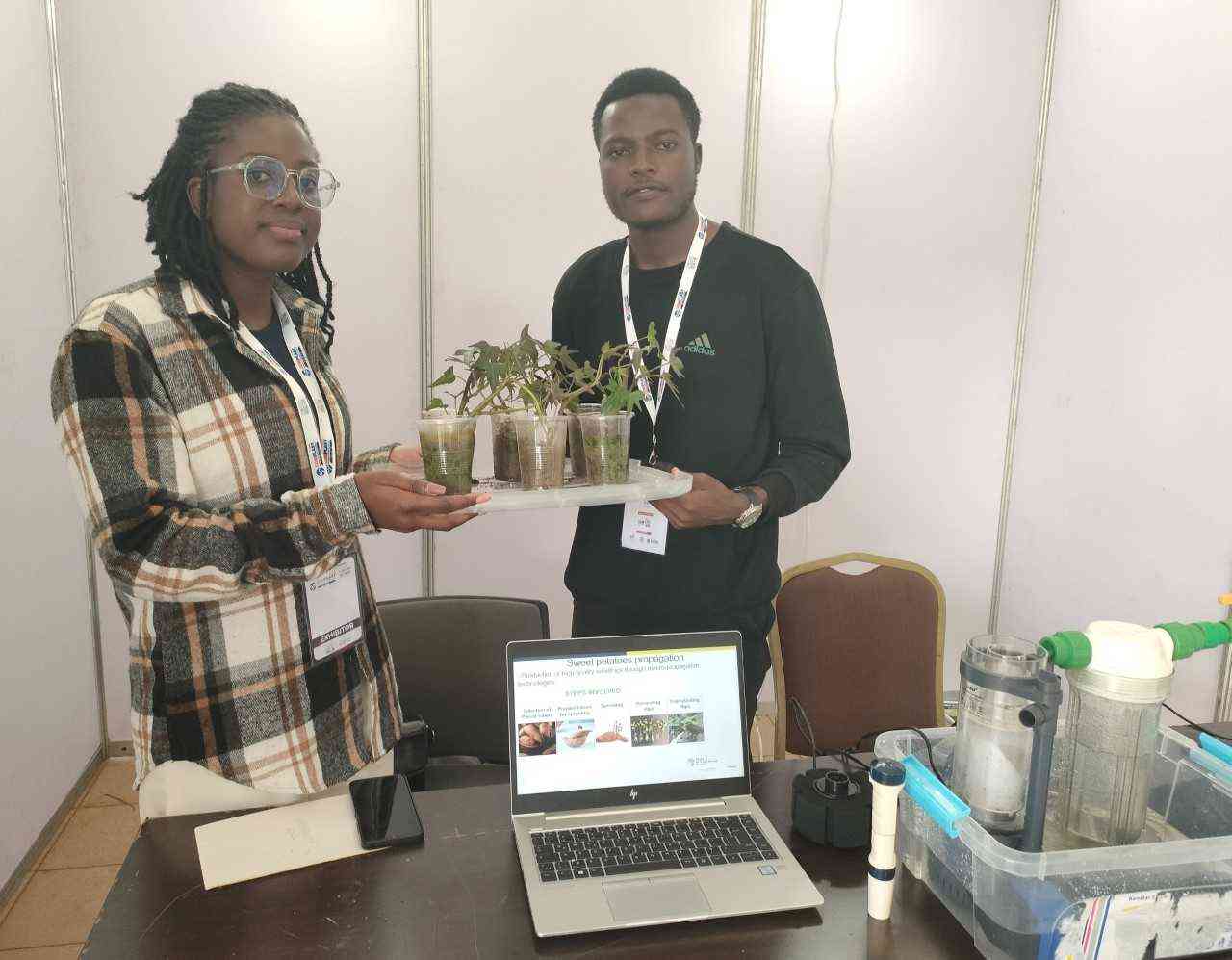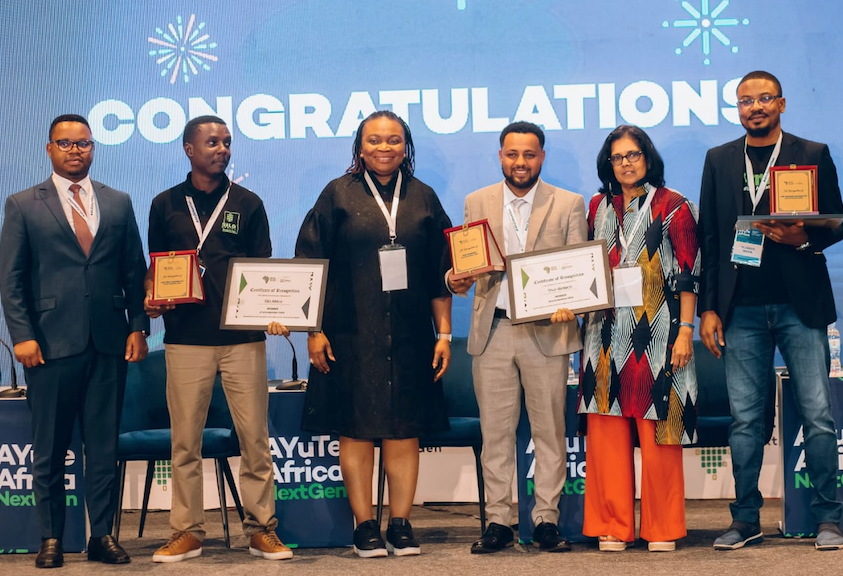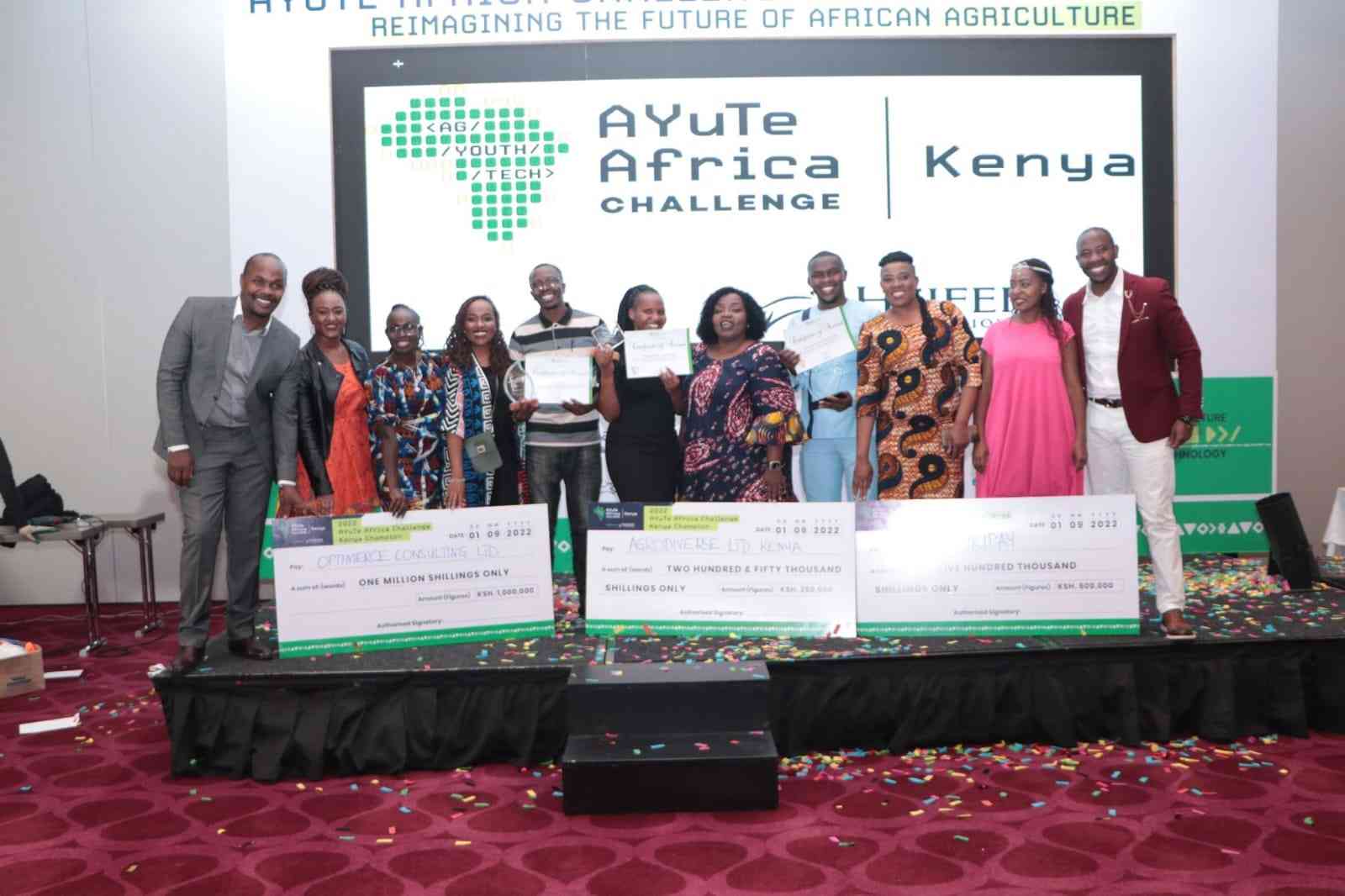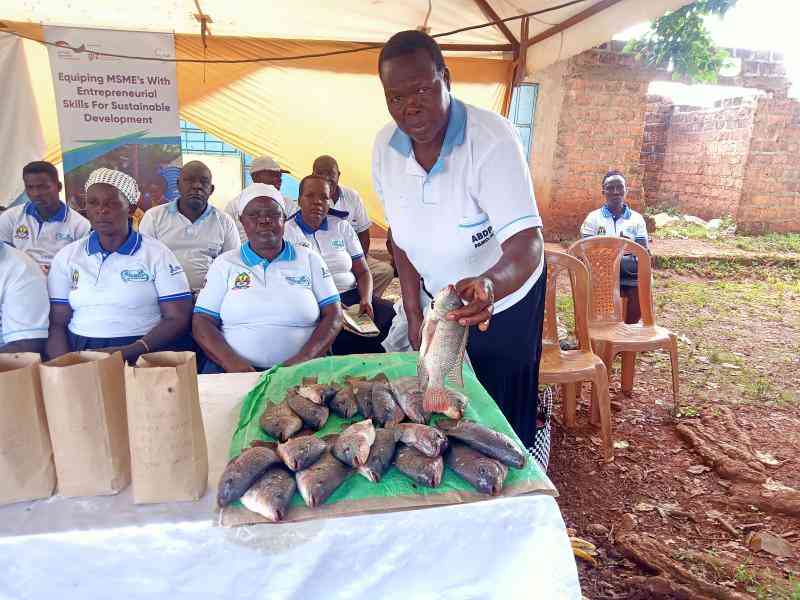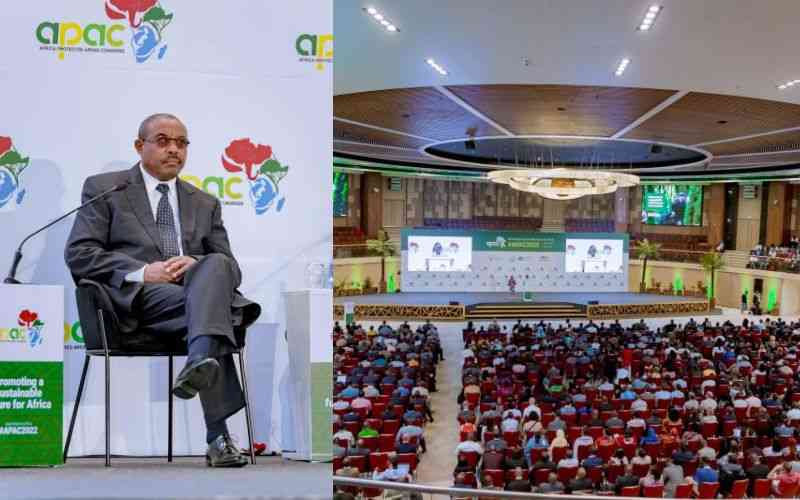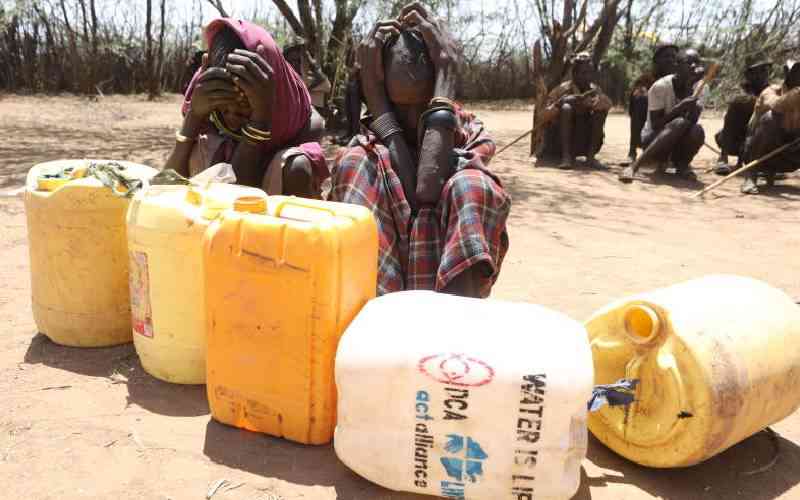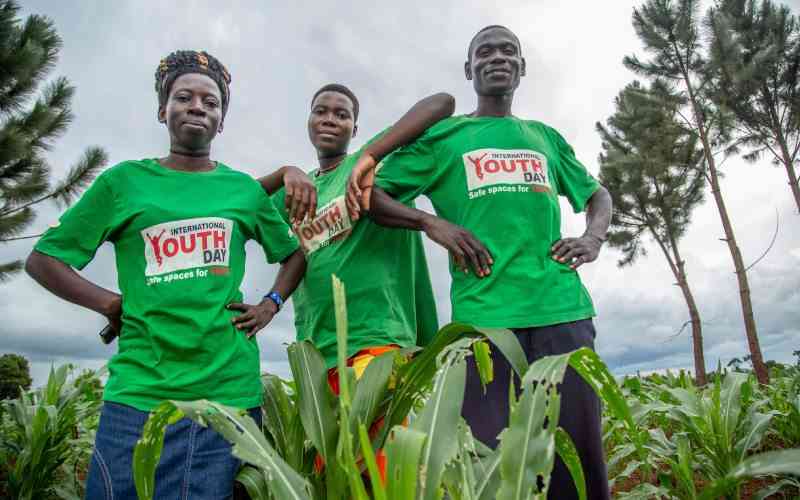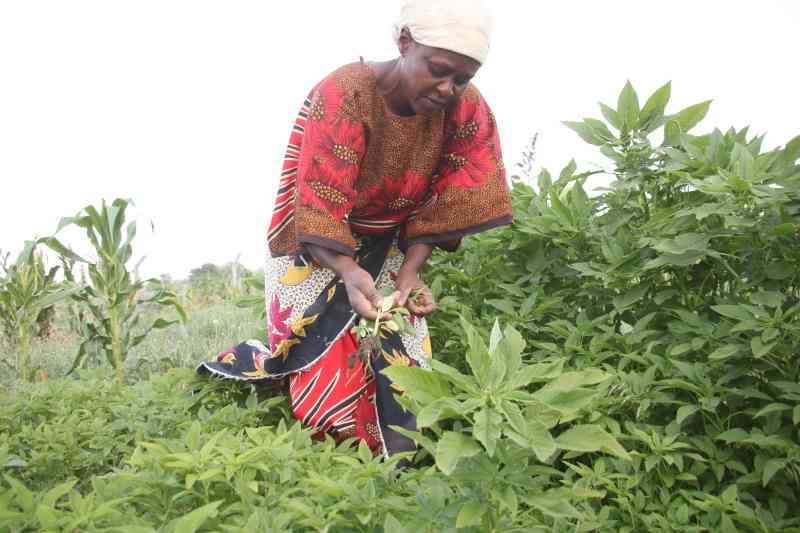
Women, especially those in agribusiness have continuously had limited access to finance, with banks and other lending institutions viewing agriculture as a social enterprise rather than a commercial venture.
According to the Director for Gender, Youth and Inclusiveness at Alliance for a Green Revolution in Africa (AGRA) Nana Amoah, women face systemic barriers regarding productive resources like input, technology, fertiliser and access to information.
“In the past, agriculture has been seen as a high-risk sector, where it is difficult for farmers and particularly women farmers to be able to hold collateral and access loans and other financial resources,” Nana Amoah said.
“Women do not access information at the level that men do. There is also the issue of access to finance and building networks for women.”
She spoke at a meeting with women agri-entrepreneurs and other players in the agricultural value chain in Nairobi earlier this week.
The Women in Agribusiness Forum 2024 was attended by key stakeholders in the agricultural value chain and organised by AGRA in partnership with the Fresh Produce Consortium of Kenya.
She said there is a need for innovation around agricultural insurance and building the capacity of women agri-entrepreneurs to be bankable.
Ms Amoah said AGRA is working with financial institutions to strengthen the peer approach to supporting agriculture.
AGRA is an initiative aimed at transforming agriculture in Africa to enhance food security and increase incomes for smallholder farmers by improving their farming practices and adapting to climate change.
Ms Amoah said that there is a need for agricultural policies that address the barriers that women face in the sector.
She noted that women make up a higher percentage of the agricultural labour force but do not have anything to show for it.
“When it comes to policy, we are looking forward to building and strengthening some of the institutional frameworks, to ensure that policies are inclusive and address the problem that women face,” said Ms Amoah.
Former Principal Secretary of the State Department for Agricultural Research in the Ministry of Agriculture, Livestock, Fisheries, and Irrigation Prof Hamadi Boga, who is now Vice President in charge of Programme Delivery at AGRA, said most policies in the sector are not gender sensitive.
“A policy should be designed with different segments of the population in mind. The way women will approach a situation is different from how men would because they are from different experiences,” he said adding that policies should provide alternatives and be inclusive.
He said all policies must undergo gender analysis to ensure that they are not disadvantaging women, a proposal Ms Amoah agreed with.
“From research, there is about a 30 per cent gap in productivity and profitability based on imbalances around gender inclusivity. If we can close this gap, we could see an increase in GDP,” she said.
Participants at the forum cited climate change as a barrier to increased food production in Africa.
To address the impact of climate change on women who farm and trade in agriculture, Ms Amoah said that there is a need to leverage science to mitigate the impacts of climate change.
“Climate change is a pertinent issue today, and we have seen increased climate financing. It comes with a level of information knowing what is needed to access some of the climate financing opportunities,” she said, adding that women need information to benefit from some of the climate financing opportunities.
To address the challenge of accessibility for women, AGRA through its Value4Her initiative is connecting women to solutions that can address the challenges.
Professor Boga said women in agribusiness have limited access to finance and capacity to drive business.
Statistics show Africa imports goods to the tune of almost $40 billion (Sh5.2 trillion) annually.
The continent’s population is projected to grow by 300 million by 2030, surpassing China and India by 2050.
Prof Boga said this presents an opportunity for women in agriculture to reap from the sector.
He urged African countries to ease cross-border trade through improved infrastructure.
“Mobility within Africa and lack of common standards are some of the biggest barriers to cross-border trade in Africa,” he said.
According to the Fresh Produce Consortium of Kenya Chief Executive Okisegere Ojepat, the long processes of doing business are some of the barriers inhibiting the growth of women in the agribusiness space.
“The long process of licensing, difficult access to market and information are some of the barriers impacting women in the value chain,” Mr Ojepat said.
He further noted that there is a need to simplify business processes in the agriculture value chain.
“If the policies are too long, their interpretation becomes difficult. You need them to be redefined more practically, otherwise they become meaningless.”
Caroline Gichuki, a smallholder macadamia farmer from Embu, expressed her frustration with the challenges of accessing financing, which has hindered her ability to expand her business.
She also highlighted the issue of middlemen in the macadamia value chain, which significantly reduces her profits.
“Brokers have become too many, and the profits after sales are too small. As a result, I struggle to cover many expenses, including paying for my children’s education,” said Ms. Gichuki.
She emphasised the need for proper market linkages to eliminate the involvement of middlemen.
“As a smallholder farmer, getting my produce to market is a challenge,” she explained, adding that, unlike tea and coffee farmers, macadamia farmers in Embu do not have easy access to financing.
Ms Gichuki called for government support to help grow her business, stressing that government policies and incentives must be inclusive and accommodating for all farmers, especially smallholders.
 The Standard Group Plc is a multi-media organization with investments in media platforms spanning newspaper print
operations, television, radio broadcasting, digital and online services. The Standard Group is recognized as a
leading multi-media house in Kenya with a key influence in matters of national and international interest.
The Standard Group Plc is a multi-media organization with investments in media platforms spanning newspaper print
operations, television, radio broadcasting, digital and online services. The Standard Group is recognized as a
leading multi-media house in Kenya with a key influence in matters of national and international interest.

